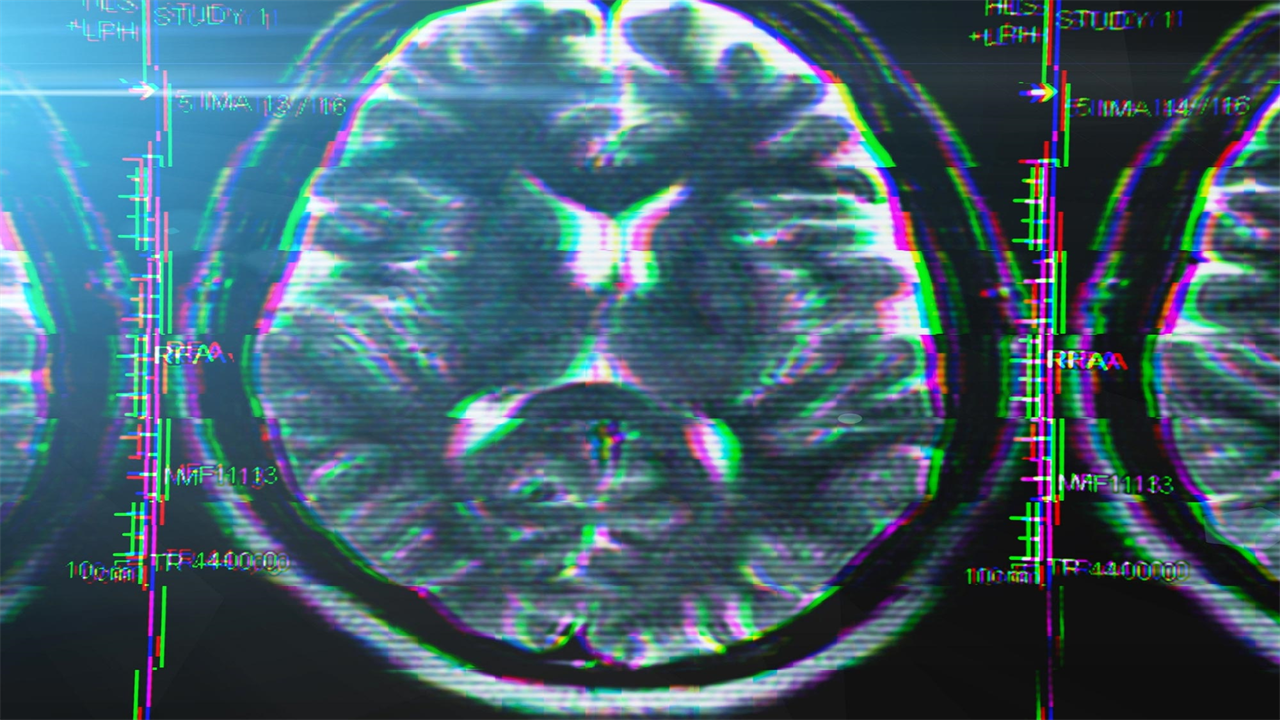AI Links COVID-19 Brain Changes to Alzheimer’s Disease-Like Cognitive Impairment
0 View
Share this Video
- Publish Date:
- 27 October, 2021
- Category:
- Covid
- Video License
- Standard License
- Imported From:
- Youtube
Tags

The Cleveland Clinic-led research team used artificial intelligence to uncover the link between COVID-19 and brain changes.
A new Cleveland Clinic-led study has identified mechanisms through which COVID-19 can lead to Alzheimer’s-like dementia. The findings, published in Alzheimer’s Research & Therapy, indicate an overlap between COVID-19 and brain changes common in Alzheimer’s disease, and may help inform risk management and therapeutic strategies for COVID-19-associated cognitive impairment.
Reports of neurological complications in COVID-19 patients and long-hauler patients whose symptoms persist after the infection has cleared are increasing, suggesting that SARS-CoV-2 (the virus that causes COVID-19 ) may have lasting effects on brain function. However, it is not yet well understood how the virus leads to neurological problems.
“While some studies suggest that SARS-CoV-2 directly infects brain cells, others found no evidence of the virus in the brain,” said Feixiong Cheng, Ph.D., assistant staff at Cleveland Clinic’s Genomic Medicine Institute and lead author of the study. “Identifying how COVID-19 and neurological problems are linked will be critical to developing effective preventive and therapeutic strategies to address the rise in neurocognitive impairment that we expect to see in the near future.”
A new Cleveland Clinic-led study led by Feixiong Cheng, Ph.D., has identified mechanisms through which COVID-19 can lead to Alzheimer’s-like dementia. Credit: Cleveland Clinic
In the study, the researchers leveraged artificial intelligence using existing data sets from patients with Alzheimer’s and COVID-19. They measured the proximity between SARS-CoV-2 host genes/proteins and those associated with various neurological diseases, with closer proximity suggesting related or shared disease pathways. The researchers also analyzed the genetic factors that enabled SARS-COV-2 to infect brain tissue and cells.
While researchers found little evidence that the virus targets the brain directly, they discovered close network relationships between the virus and genes/proteins linked to several neurological diseases, especially Alzheimer’s disease, suggesting pathways by which COVID-19 could can lead to Alzheimer’s disease. dementia. To explore this further, they examined possible associations between COVID-19 and neuroinflammation and microvascular brain damage, both of which are hallmarks of Alzheimer’s disease.
“We found that SARS-CoV-2 infection significantly altered Alzheimer’s markers involved in brain inflammation and that certain viral entry factors are highly expressed in cells in the blood-brain barrier,” explains Dr. Cheng out. “These findings indicate that the virus may affect several genes or pathways involved in neuroinflammation and microvascular brain damage, which could lead to Alzheimer’s disease-like cognitive impairment.”
The researchers also found that individuals with the APOE E4/E4 allele, the largest genetic risk factor for Alzheimer’s disease, had reduced expression of antiviral defense genes, which could make these patients more susceptible to COVID-19.
“Ultimately, we hope to pave the way for research leading to testable and measurable biomarkers that can identify patients at the highest risk of neurological complications with COVID-19,” said Dr. cheng.
dr. Cheng and his team are now working to identify useful biomarkers and novel therapeutic targets for COVID-19-associated neurological problems in COVID long-haul travelers using advanced network medicine and artificial intelligence technologies.
Reference: “Network medicine links SARS-CoV-2/COVID-19 infection to microvascular brain damage and neuroinflammation in dementia-like cognitive impairment” by Yadi Zhou, Jielin Xu, Yuan Hou, James B. Leverenz, Asha Kallianpur, Reena Mehra , Yunlong Liu, Haiyuan Yu, Andrew A. Pieper, Lara Jehi, and Feixiong Cheng, June 9, 2021, Alzheimer’s Research & Therapy.
DOI: 10.1186/s13195-021-0850-3
Yadi Zhou, Ph.D.; Jielin Xu, Ph.D., and Yuan Hou, Ph.D., are co-first authors of the study. The study was supported by the National Institute on Aging, the National Heart, Lung and Blood Institute; the National Institute of Neurological Disorders and Stroke, and Cleveland Clinic’s VeloSano Pilot Program.










